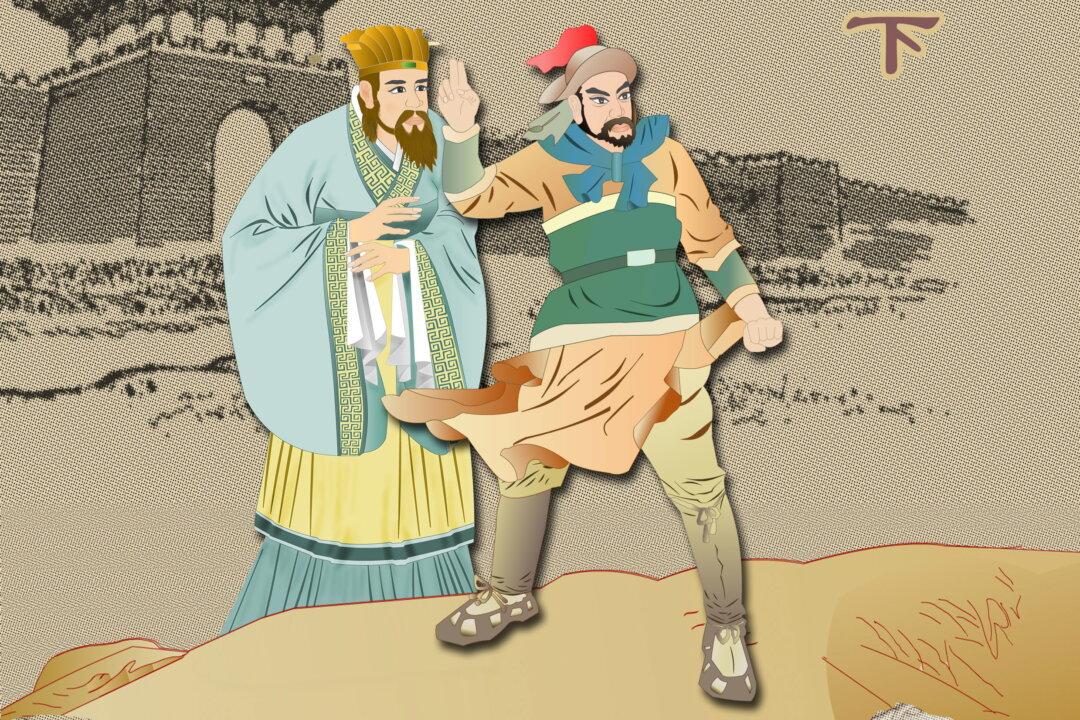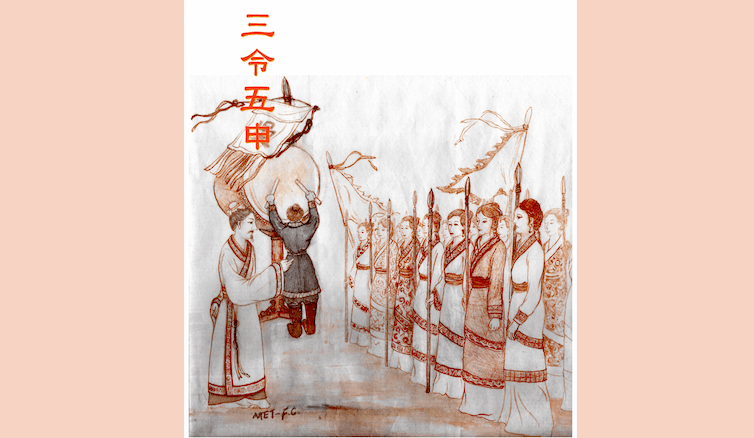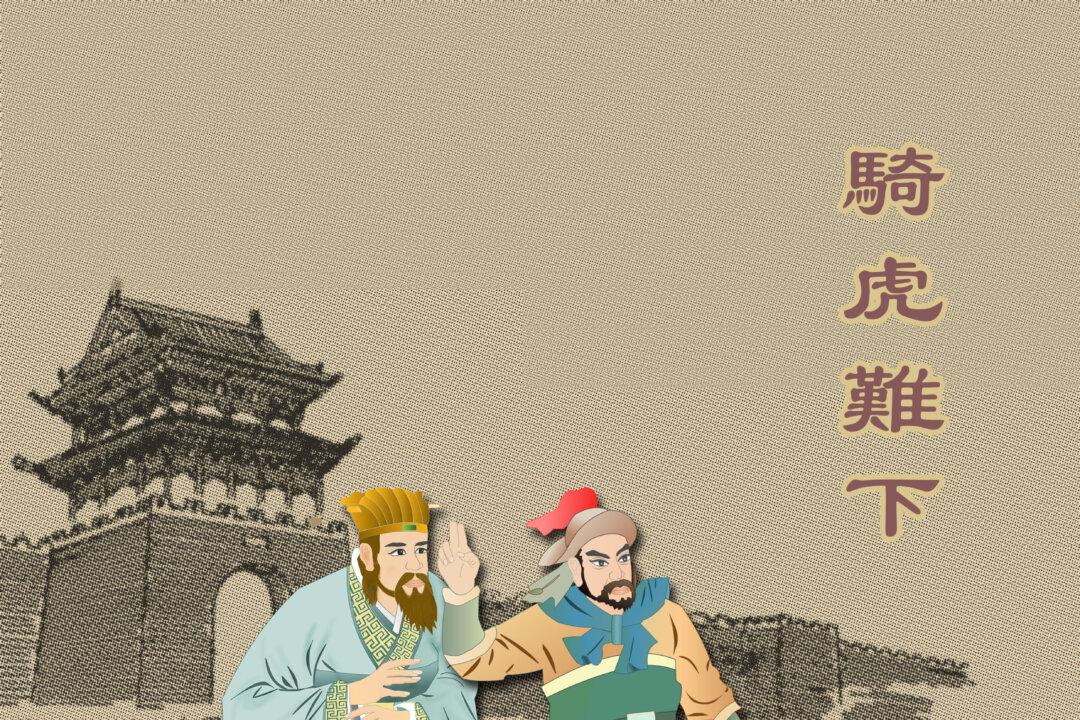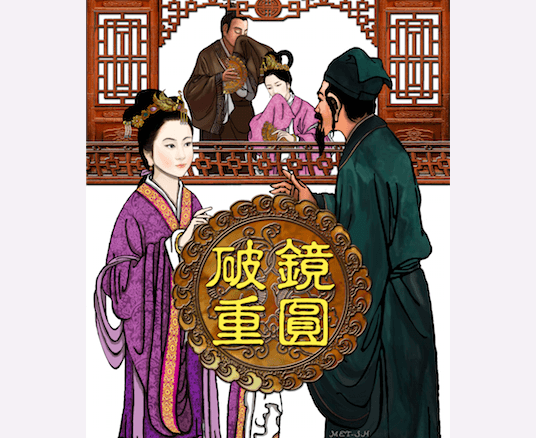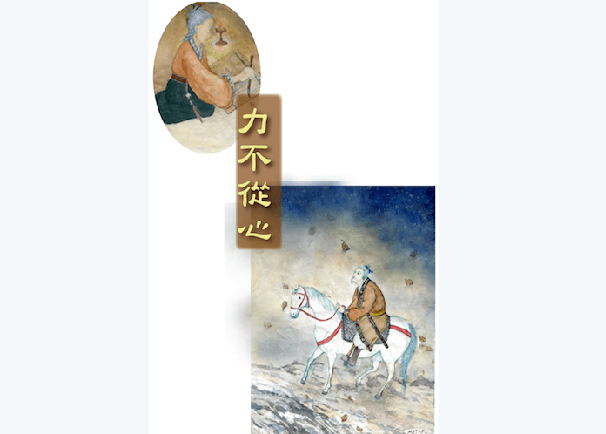The Chinese expression “騎虎難下” (qí hǔ nán xià), literally “riding a tiger and it being hard to get off of,” is used to describe a situation in which one is stuck in a difficult position with no way out.
This idiom is based on a story about Wen Jiao from the Book of Jin, which is an official text covering the history of the Jin Dynasty from A.D. 265 to 420.
Wen Jiao was a renowned politician and governor during the Eastern Jin Dynasty (A.D. 317–420). He was very loyal to Emperor Sima Yan who ruled the country at that time.
A high-ranking general named Su Jun rebelled against the emperor and occupied the capital. Wen Jiao was worried and organized an alliance to fight against Su’s rebel forces.
However, one influential general named Tao Kan was hesitant about whether he should remain part of the alliance. The rebel army was very strong and the alliance was unstable with much in-fighting, almost dissolving on several occasions.
Wen Jiao visited General Tao and said to him, “In light of the current situation, there is no other way out. It is like riding on the back of a tiger and you cannot get off. The only way off is to kill it.”
Wen Jiao eventually convinced General Tao to remain with the alliance. The allied armies stabilized and finally defeated the rebel army.
Later on, the saying “騎虎難下,” “riding on the back of a tiger and not being able to get off” became an idiom. It has come to mean facing a dilemma or being stuck in a difficult position with no way out but to see it through to the end.
This idiom is similar to the English expression “have a tiger by the tail.”
